
Hanging Tough
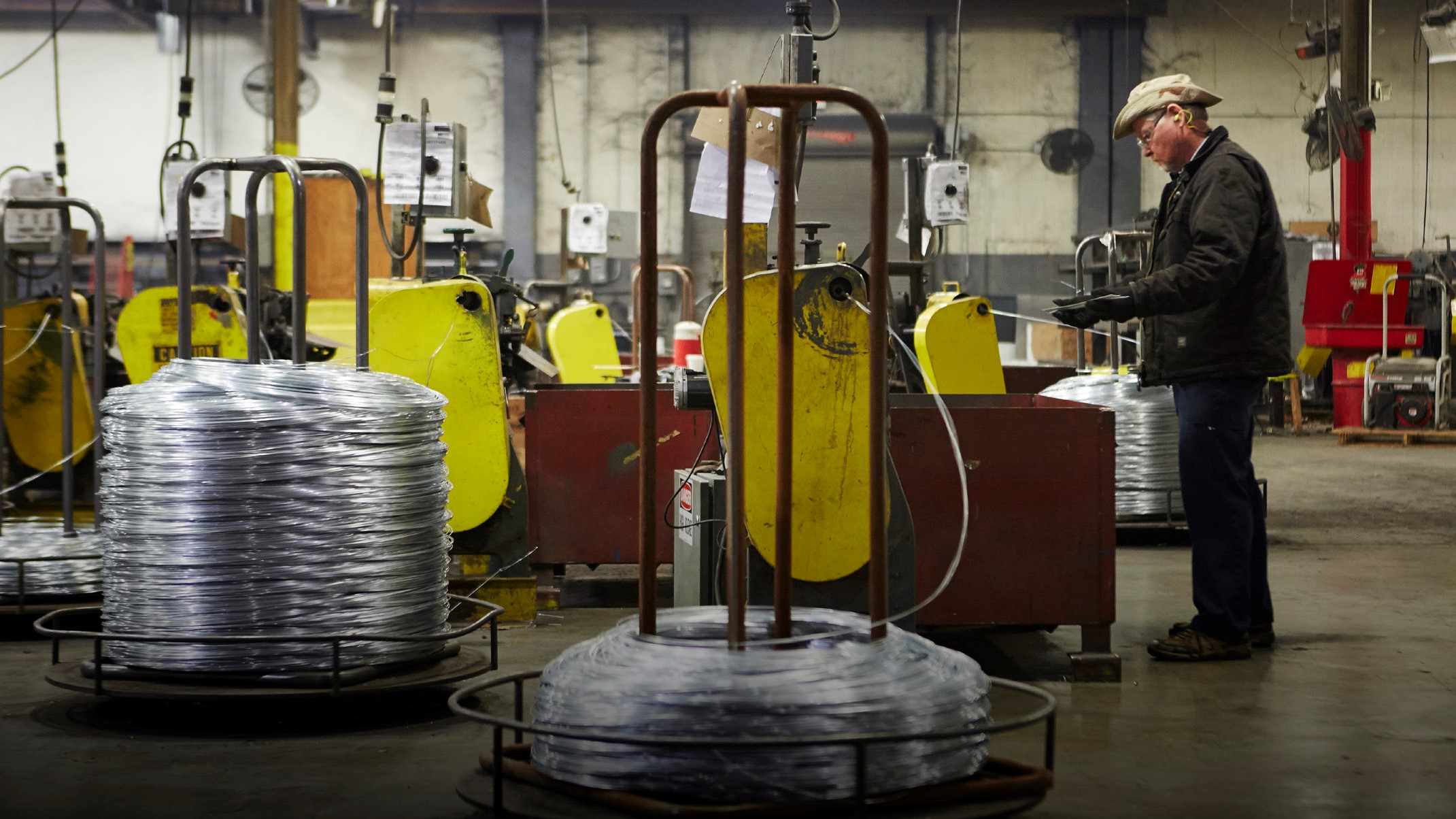
For years, CBP’s enforcement actions against antidumping evasion schemes were stymied by legal restrictions, but after the passage of the Enforce and Protect Act of 2015, everything changed.
At a time when domestic manufacturing plants were falling like dominoes because Chinese goods were unfairly priced so low, M&B Metal Products refused to give in. In 2007, the third generation, family-owned business based in Leeds, Alabama, was the last wire hanger manufacturer in America.
"We could have been like all of our competitors that used to make hangers in the United States. They closed their plants and some of them started importing hangers from China. We could have done that, but we wanted to keep production here. We owe it to the people who have helped us be successful over the years to do everything we can to preserve that," said Milton M. Magnus III, the president of M&B Metal Products.
M&B Metal Products stood alone against the fierce competition from China. The company, founded in 1943 by Magnus’ grandfather, Milton Magnus Sr., and his partner, Roy Brekle, was struggling. "We had a plant in Virginia that we had to close down in 2006. It was a very painful and tough thing to do," said Magnus. "We had 85 jobs there that we lost."
Magnus fought back and filed petitions with the U.S. Department of Commerce and the U.S. International Trade Commission, alleging that Chinese manufacturers were selling wire hangers at below market or "dumped" prices. "When we filed our dumping case against China in 2007, we were on life support," said Magnus. "We really didn’t know how we were going to pay our legal bills."
But Magnus filed the case and won, and for a brief time the company prospered. Then, Magnus and his management team noticed that the imported hangers were coming from other countries. "We saw hangers coming in from Taiwan and Vietnam," said Magnus, who filed another dumping case and won. Then the shipments moved from Vietnam to Thailand to Malaysia. "None of these countries were producing and shipping hangers to the U.S. prior to the dumping case against China," he said.
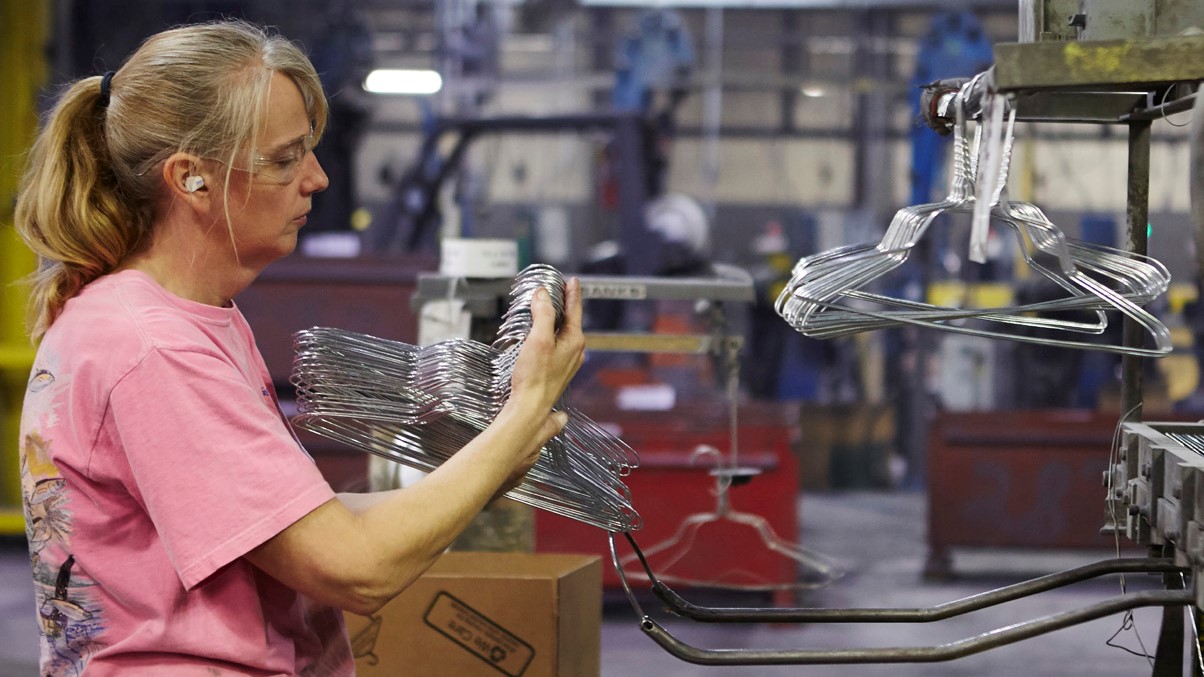
Suspected scheme
It didn’t take long before Magnus and his management team suspected that the hangers were still being manufactured at the same Chinese factories. Only now, the hangers were being shipped through different countries so that importers could avoid paying the extra taxes or antidumping duties that had been added to the price of the Chinese hangers to allow U.S. industry to compete on a level playing field.
As M&B Metal Products’ profits plummeted, Magnus reported his suspicions to U.S. Customs and Border Protection, using an online reporting system called "e-Allegations." "We filed e-Allegations from 2008- 2014, but nothing really happened," said Magnus. "It was disheartening."
The shipments from Thailand were growing, and in early 2015, Magnus sent an investigator to Thailand to see what he could find. The investigator obtained the Thai manufacturers’ financial reports. "Most of them had no sales, no assets. They were dummy corporations," said Magnus. When the investigator made onsite visits, he found little storefronts, not factories. So Magnus decided to file another allegation. Only this time, he met with CBP in person.
"We met with about eight CBP officials and handed them our in-country investigator’s report," said Magnus. "They seemed so interested in the report. They listened intently and thanked us, and then we waited and waited for something to happen, but nothing did."
Unbeknownst to Magnus, CBP was actively pursuing the allegation. "We were just as frustrated by the limitations and restrictions of the process," said Troy Riley, the executive director of CBP’s Trade Remedy Law Enforcement Directorate.
Magnus was determined though. A few years earlier, shortly after the ruling came out on the dumping case against China, he formed a coalition with other manufacturers in the steel industry that had dumping cases. "They were companies that manufactured nails, threaded rod for bolts and screws, and other items such as bed springs," said Magnus. "We all saw the same thing happening. Products were coming into the U.S. at very cheap prices from countries that had never produced these goods." The coalition wanted stronger enforcement and greater accountability. "We crafted proposed legislation that we called ‘the Enforce Act’ and lobbied for about six years," said Magnus. "We met with CBP officials, the National Association of Manufacturers, Congress, and we had White House meetings."
Then the coalition grew beyond the steel industry. Other companies that were adversely affected by Chinese transshipments such as manufacturers of tissue paper and glycine also joined the coalition.
New legislation
In February 2016, their efforts culminated with the passage of the Enforce and Protect Act, or EAPA, a part of a sweeping piece of legislation, the Trade Facilitation and Trade Enforcement Act of 2015. TFTEA gave CBP its first comprehensive authorities as an agency since it was established in 2003. The overall objective of TFTEA was to ensure a fair and competitive trade environment. The EAPA legislation was intended to improve trade law enforcement and duty collection.
"Congress was trying to fix some of the concerns that the trade community had brought to them about the e-Allegation process," said Carrie L. Owens, director of enforcement operations in CBP’s Office of Trade. "They wanted the companies or individuals who filed the allegations to know more about the basis of our decisions. They wanted statutory deadlines for enforcement proceedings, transparency, and the trade community to have more of a role in the process."
Prior to the EAPA legislation, CBP was restricted from sharing information about investigations. So the companies or individuals that filed e-Allegations were left in the dark. "The process was hampered by the Trade Secrets Act, which prevented sharing any information with the alleger or anyone else because we couldn’t talk about someone else’s importations," said Riley, who developed the agency’s Enforcement Operations Division to drive the EAPA investigations. "With the EAPA process, Congress spelled out specific requirements of what we can share with the alleger and when. Now the alleger has a window into the CBP process and can influence the proceedings."
When CBP designed the EAPA process, it went a step further. "We wanted a process that wouldn’t be financially burdensome. We didn’t want to stop anyone from bringing an allegation or participating in a case. We wanted the benefits to far exceed the costs of doing an investigation," said Owens.
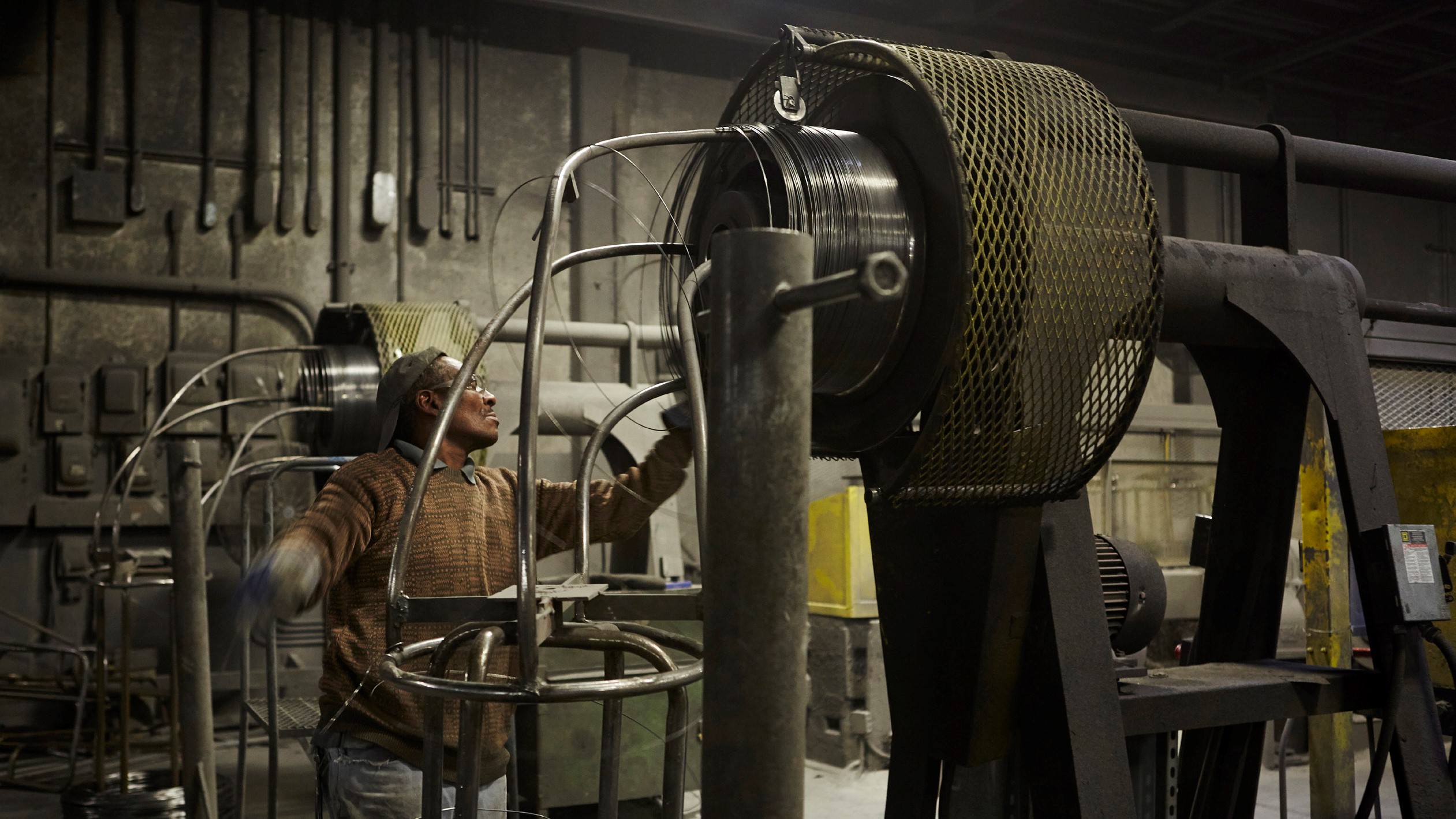
The benefits
Some of those benefits include a timeline. Previously, when e-Allegations were filed, there were no set timelines. But today, with EAPA, investigations must adhere to a schedule. "From the time we initiate an investigation, we have 90 days to determine whether to apply interim measures to protect the U.S. from losing revenue. We have 300 days to make a final determination. So it’s a very short timeline," said Owens.
Knowing that a decision will be reached is another benefit. "Companies or individuals that file allegations will now know when a decision will happen and that we’re going to be investigating. They’re also going to see what steps we’re taking in that investigation," said Owens. "None of that was possible before. The EAPA legislation gave us the authority to do that."
The new legislation also allows companies and individuals who have filed allegations to provide additional facts and submit comments during the proceedings. "That’s a huge change from our previous process," said Owens. "In the past, when we referred a case to other agencies such as U.S. Immigration and Customs Enforcement, we were not at liberty to talk about how an investigation was proceeding."
Still another benefit of EAPA is the way that cases are coordinated. "Cases weren’t coordinated the way they are now," said Owens. "Today, a team is assigned to a case, not an individual, and the cases are coordinated from headquarters," she said. "As a result, everyone on the investigative team is aware of what the rest of the team is doing. This allows us to gather more information more fully and we’re able to make the statutory deadlines."
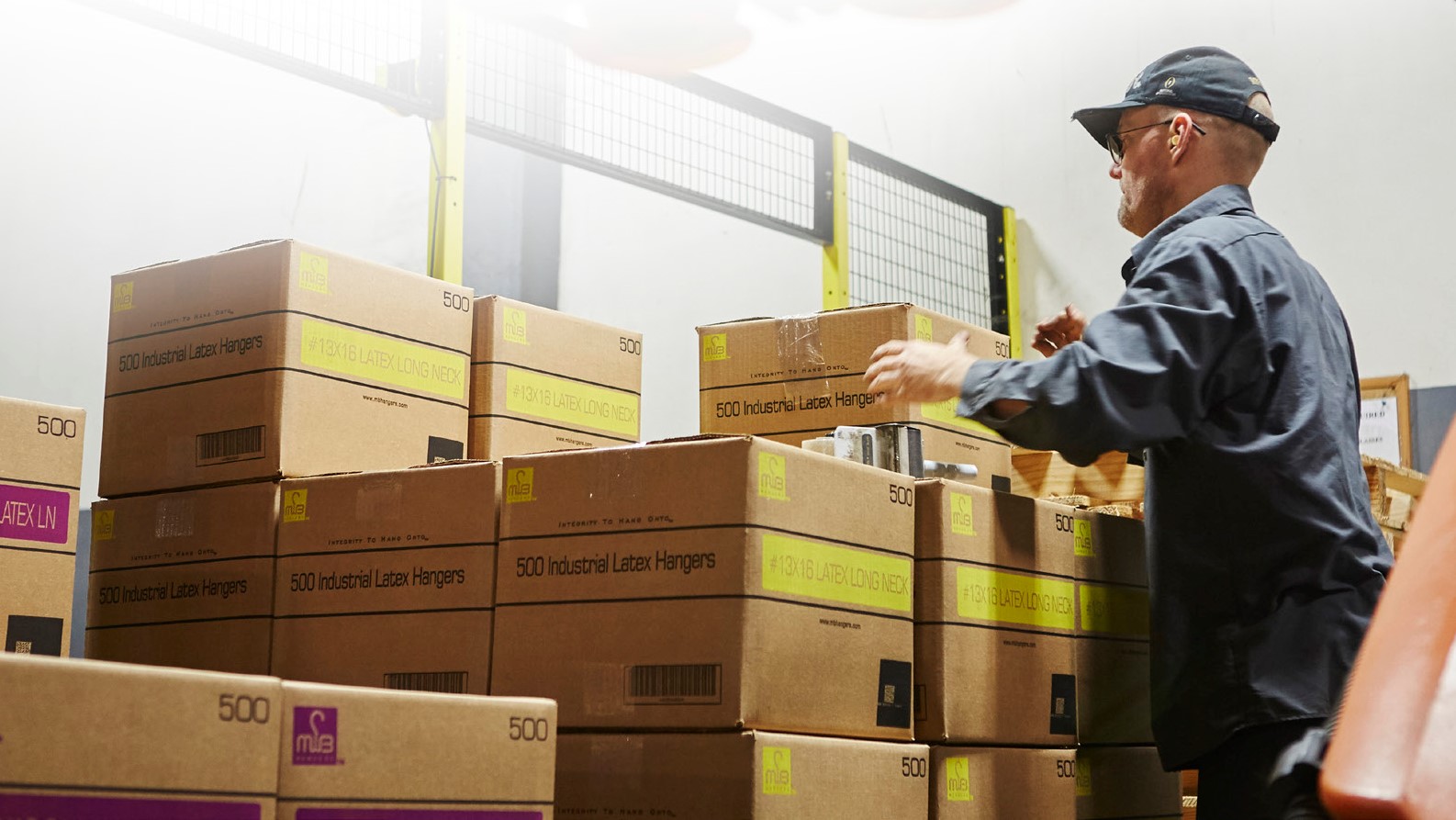
First investigation
After EAPA was passed, Magnus decided to file his allegation about the Thai shipments again. "We updated our report with more current financial information on the companies and did another in-country investigation to make sure that nothing had changed," said Magnus.
In September 2016, Magnus resubmitted his allegation and it became CBP’s first EAPA investigation. Shortly thereafter, CBP did its own investigation in Thailand, and came back with the same findings. "Our attaché visited the manufacturer in Samut Prakan, Thailand, just south of Bangkok," said Owens. "He toured the facility, took pictures for us, and asked questions for several hours. From his research, he was able to discern that the company did not have the capability to produce the amount of hangers that they were shipping and that there were many, many other discrepancies." A few weeks later, CBP issued an interim decision to protect America’s revenue.
Not long after, Magnus saw results. "In December 2016, after we received the preliminary ruling that the hangers from Thailand were actually from China, the shipments stopped. There were no more hangers coming in from Thailand," said Magnus.
In August 2017, CBP issued a final determination on its first EAPA investigation. "We found substantial evidence that the wire hangers were imported into the U.S. using an evasion scheme," said Owens. "The hangers had been transshipped from China through Thailand to evade paying antidumping duties."
As a result of this success, in early 2017, Magnus filed EAPA allegations on eight importers from Malaysia. "We’re still waiting on the final determination, but the preliminary findings were good," said Magnus. "CBP’s investigators couldn’t find any wire hanger factories in Malaysia."
The EAPA allegation process is straightforward. "We file our paperwork and CBP decides if there is enough evidence to pursue an allegation. If there is, then they start their investigation with us and the importers that we’ve identified," said Magnus. "They don’t assume anybody is guilty or innocent just because of what we say. They do their investigation and they make their own determination. But we wouldn’t file an allegation if we didn’t feel very confident that what we are telling them is true."
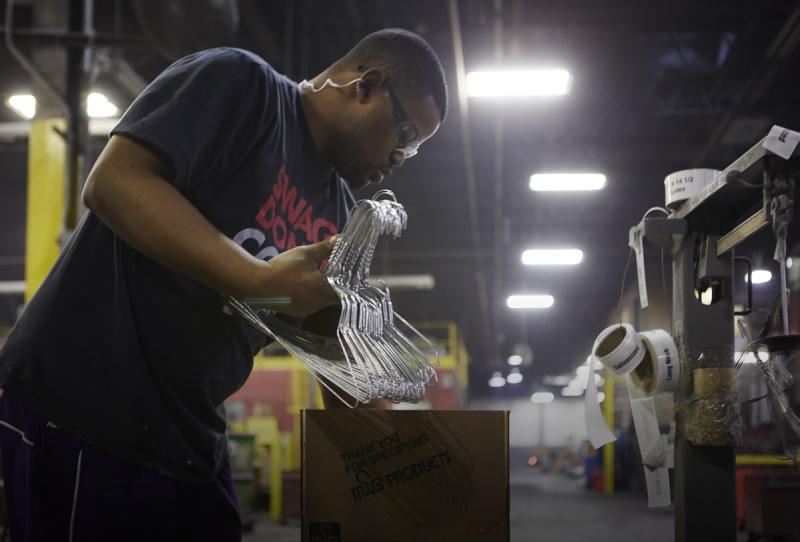
Leeds, Alabama manufacturing plant. Photo courtesy of M&B
Metal
Products
Successful outcome
Under EAPA, industry needs to file allegations to initiate investigations. "The trade community has the intelligence. They know who is doing the misclassification, the undervaluation, and the other evasion schemes. This program is dependent on industry filing allegations and letting us know, so that we can take action on it," said Owens, who notes that the program is already showing signs of success. "Within the course of a year, using the new EAPA process, CBP has prevented nearly $40 million of evasion of antidumping duties just on wire hangers." Other cases that CBP is currently investigating are listed on CBP’s website on the EAPA "Notices of Action" page at cbp.gov/trade.
Magnus has seen success too. M&B Metal Products is prospering again. "During fiscal year 2017, our business grew," said Magnus. "At our Alabama plant, our production was up over 25 percent. Not only did this impact the financial well-being of our people here at M&B Metal Products, but we’ve generated more business for our suppliers, which are U.S. companies that sell us steel, paint, paper, and boxes."
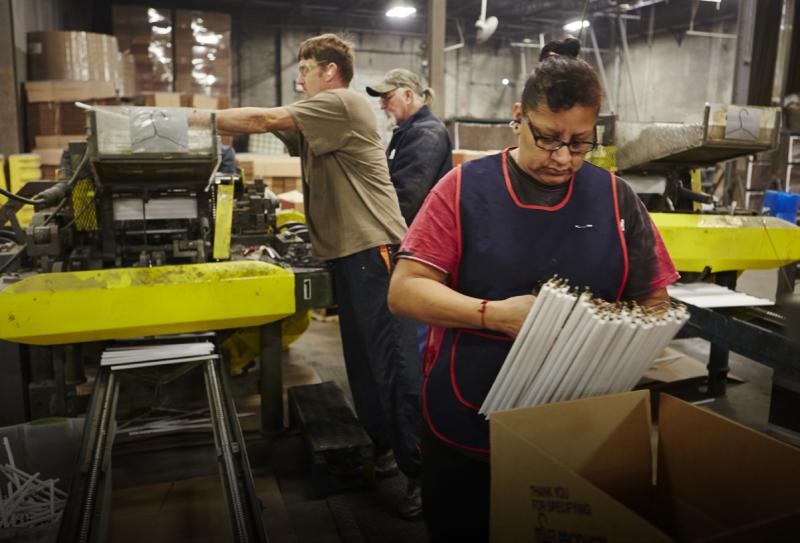
rear left, and Barry McQueen work at a machine that forms and
assembles pant hangers. Photo courtesy of M&B Metal Products
With the increased earnings, Magnus has been investing in the company. "Since we’ve started making money, we’re putting it back into the plant so that we can become more efficient and add processes that we weren’t doing before," said Magnus. In addition to selling white and gold painted hangers, M&B Metal Products also sells a line of galvanized steel hangers. "We’re getting ready to invest in machinery and add robotics to our operation here in Alabama, thus creating more jobs and making us more competitive to where we can produce more hangers and hire more people," he said. "We have people that depend on us in Alabama and we depend on them. We’ve got second and third generation families working here, making hangers. We have employees who are sons, daughters, husbands, and wives."
The Alabama plant, which employs approximately 85 employees, also gives back to the community. In 2010, M&B Metal Products started manufacturing pink hangers to support breast cancer research. "It’s an ongoing program. We donate part of the proceeds from every box we sell to the American Cancer Society and we sponsor races here to raise money," said Magnus. "My mother died from cancer years ago. Cancer is something that affects everyone. Everybody has lost a family member or a friend from cancer, so it’s a passion of ours to try to find a cure."
Today, there are three wire hanger manufacturers in the U.S. The opportunities for business are growing. For Magnus, the EAPA program has been invaluable. "Because of EAPA," he said, "we see that the hard work that we’ve put in and the money that we’ve invested will actually keep jobs in America."


